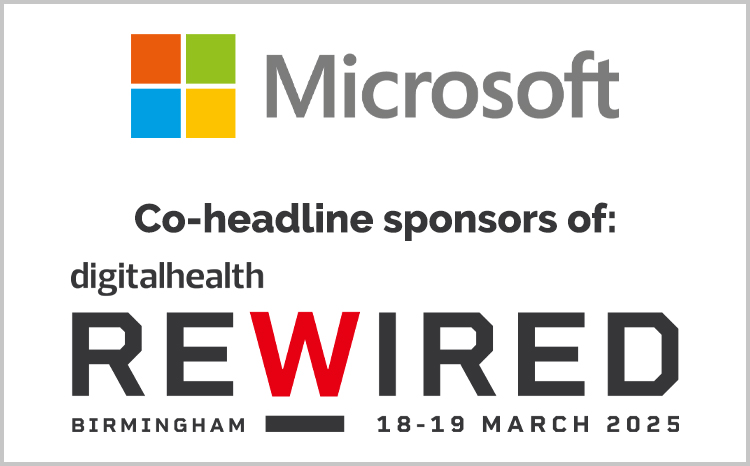Microsoft helps clamp down on fake meds
- 5 July 2013

A Europe-wide system for clamping down on counterfeit medicines moved a step closer this week with the selection of Microsoft Windows Azure cloud platform and Solidsoft to develop a new system for checking pharmaceutical authenticity.
The new EU-wide European Medicines Verification System will enable manufacturers to bar code their products to show they are not counterfeit and dispensers to scan them to verify this, all via a cloud based system.
EMVS is the solution put forward by the European Stakeholder Model Partners – a body that represents the majority of the European pharmaceutical industry – to combat the growing problem of counterfeit medicines sold across the continent.
In 2011, around 30m fake medicines were seized at EU borders. The World Health Organisation estimates that more than 50 per cent of medicinal products sold via the internet are falsified. However, this figure may be too low, as it focuses on medicines that infringe trademarks or patents.
EMVS will see more than 10 billion medicines dispensed throughout the 27 countries of the European Union labeled with a unique, encrypted product identifier, probably a 2D data matrix or bar code.
This will be scanned at the point of dispensation and verified for authenticity in the cloud with Microsoft Windows Azure.
The solution is part of the European pharmaceutical industry’s response to the 2011 EU Falsified Medicines Directive that aims to address the “alarming increase of medicinal products detected in the Union which are falsified in relation to their identity, history or source”.
The new platform has been proposed ahead of the directive becoming law, probably later this year. This would require all EU member states to be able to verify pharmaceuticals dispensed both in hospitals and in retail pharmacy – in effect to use EMVS.
EMVS will be offered as a hub and spoke model to EU member countries, with each country establishing and maintaining its own connection to the central data cloud. The UK has yet to decide who would provide this hub and whether it would go beyond the “vanilla” offering now being developed by Solidsoft.
Paul Mills, customer implementation service manager for the European Federation of Pharmaceutical Industries and Associations, said retail pharmacy had signed up to the model through its trade association. Hospital pharmacy in the UK had yet to “join the party”.
Garth Pickup, Solidsoft CEO told EHI that although fairly straightforward from a technical point of view, the EMVS is interesting in its scale.
“In its functionality it is relatively simple,” he said.
“But in terms of reach it is extensive. There are 140,000 pharmaceutical dispensers in Europe, and they all need to be included in national systems. In addition there are 3,500 manufacturers and parallel distributors.”
There is no implementation date yet. The main requirement for pharmacies – whether retail or hospital – would be scanners, a connection to the local hub and training to use the system.




